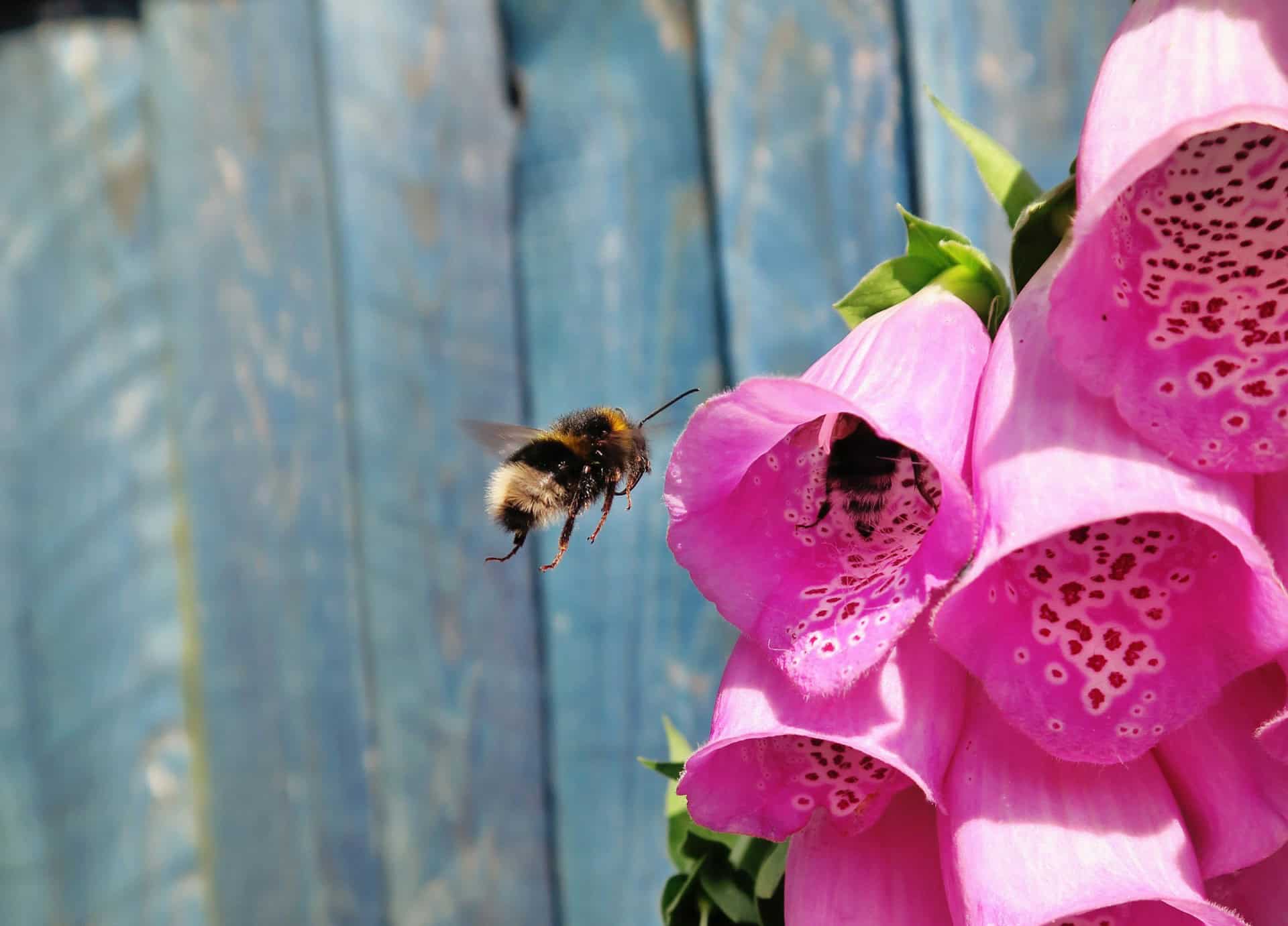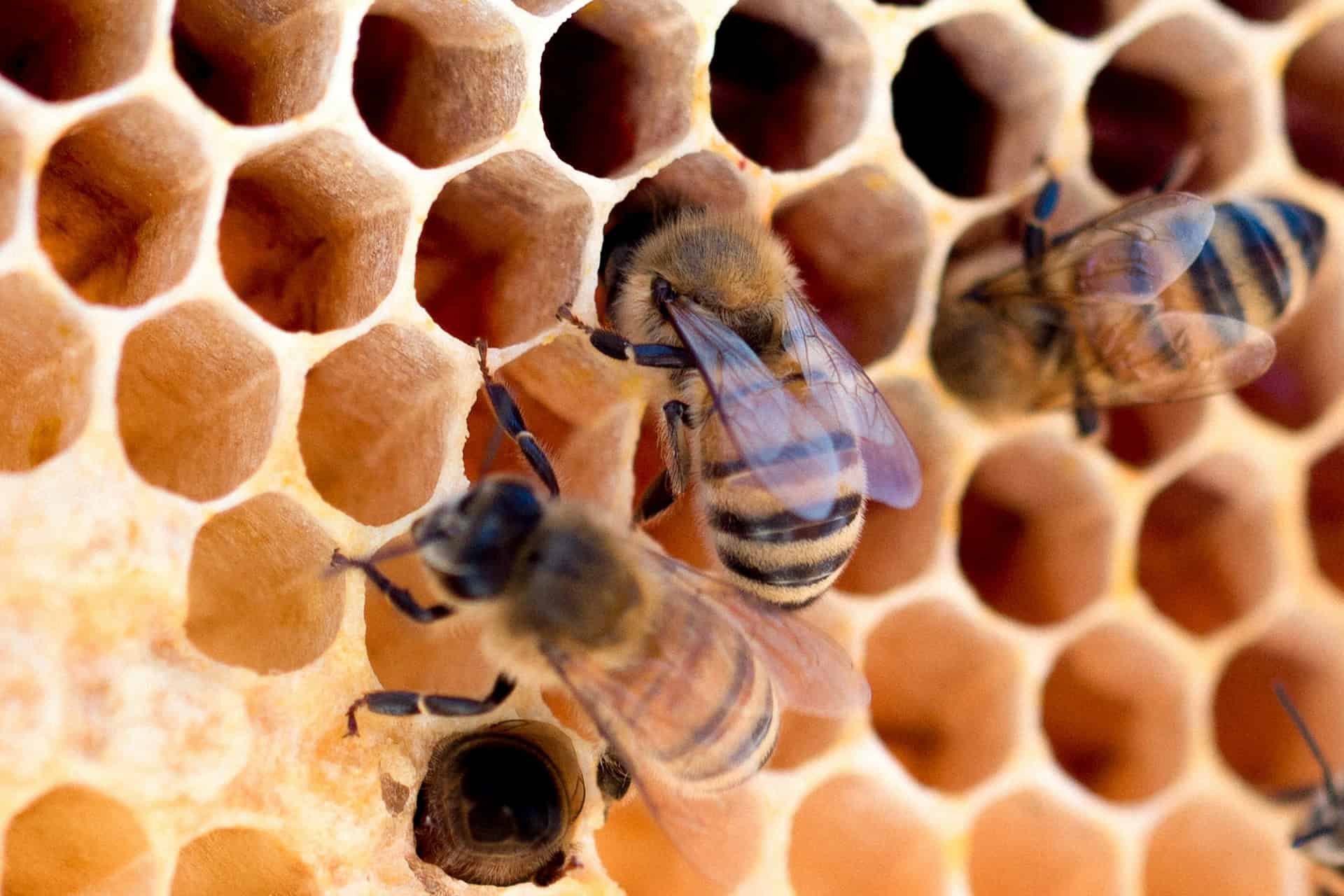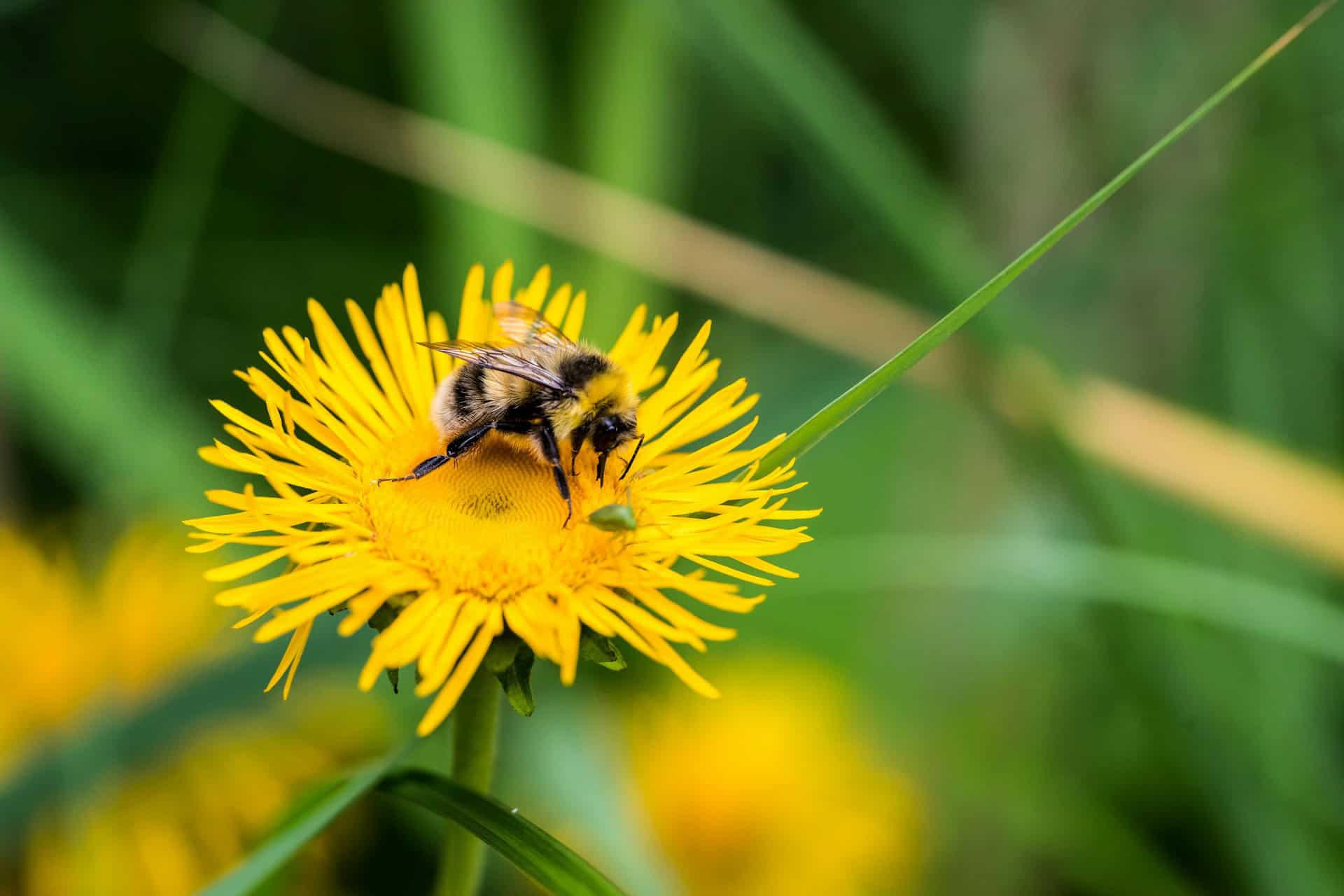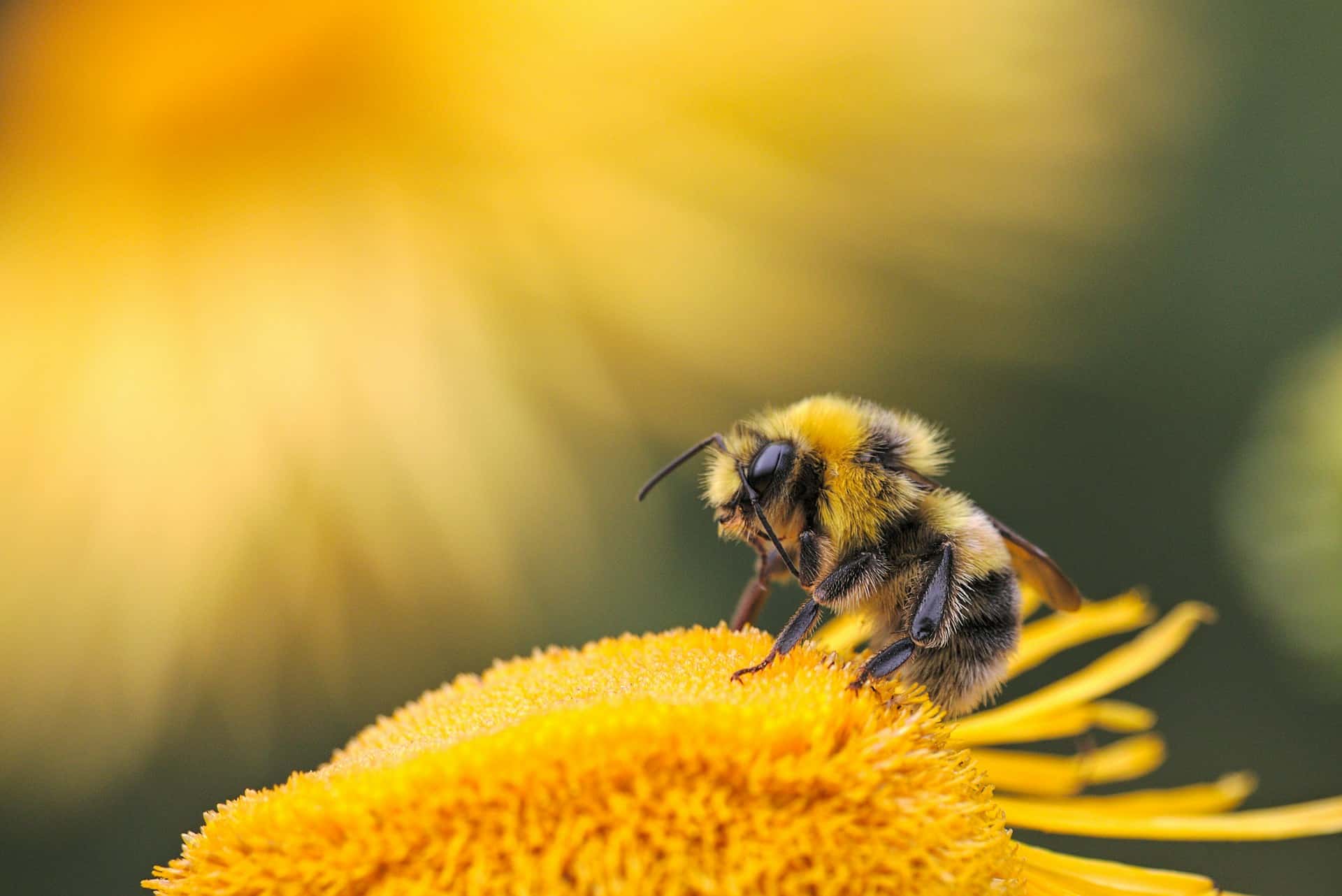Bees and other pollinators, such as butterflies and hummingbird hawk-moths, are increasingly under threat from human activities.
These creatures play a crucial role in our ecosystems, and their decline could have severe consequences.
World Bee Day: Raising awareness
To raise awareness of the importance of pollinators, the threats they face, and their contribution to sustainable development, the United Nations designated 20th May as World Bee Day.

This day is intended to strengthen measures aimed at protecting bees and other pollinators.
Protecting these creatures could significantly contribute to solving problems related to the global food supply and help eliminate hunger in developing countries.
The importance of pollination
Pollination is a fundamental process for the survival of our ecosystems.

Nearly 90 per cent of the world’s wild flowering plant species depend, entirely or at least in part, on animal pollination.
More than 75 per cent of the world’s food crops and 35 per cent of global agricultural land also rely on pollinators.
Pollinators contribute directly to food security and are key to conserving biodiversity.
The need for action
We all depend on pollinators, making it crucial to monitor their decline and halt the loss of biodiversity.
Taking action to protect pollinators is not just an environmental issue, but a matter of food security and sustainable development.

What you can do
We can all do something to help protect and support pollinators. Here are some ideas:
- Choose native plants
Plant a variety of native flowers that bloom at different times of the year to provide a continuous food source. - Provide nectar-rich flowers
Include flowers such as lavender, foxglove, clover and sunflowers, which are particularly attractive to pollinators. - Create wildflower areas
Allow parts of your garden or local community spaces to grow wild with native wildflowers. - Avoid pesticides
Use Organic Methods: Avoid using chemical pesticides such as glyphosate and herbicides. Opt for organic pest control methods. - Provide habitats
Install Bee Hotels: Provide nesting sites for solitary bees by installing bee hotels or leaving dead wood and hollow stems. - Leave natural habitats
Preserve hedgerows, trees and natural vegetation to offer shelter and nesting sites. - Support pollinator-friendly policies
Advocate for Change: Support and advocate for local and national policies that protect pollinator habitats and reduce pesticide use. - Join conservation groups
Get involved with or donate to organisations dedicated to pollinator conservation, such as the Bumblebee Conservation Trust or Buglife. - Educate and raise awareness
Spread the Word: Educate others about the importance of pollinators and how they can help. - Participate in citizen science
Engage in citizen science projects that track pollinator populations and contribute to research efforts. - Create water sources
Provide Fresh Water: Offer shallow water sources with stones or marbles for pollinators to land on and drink safely.
See the United Nations website for more information on World Bee Day.





